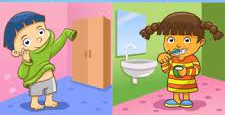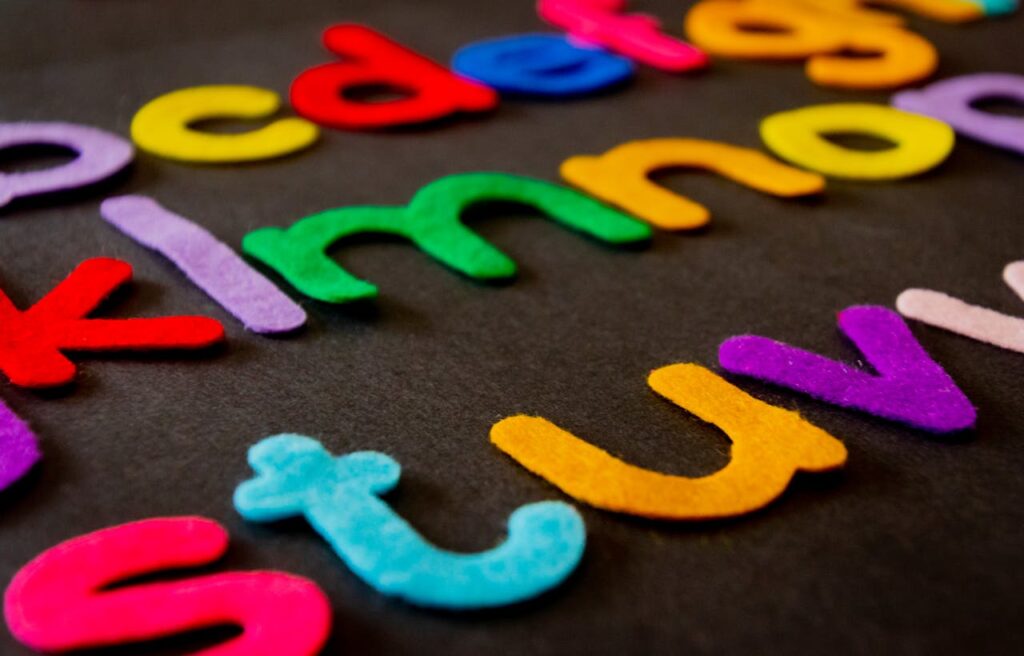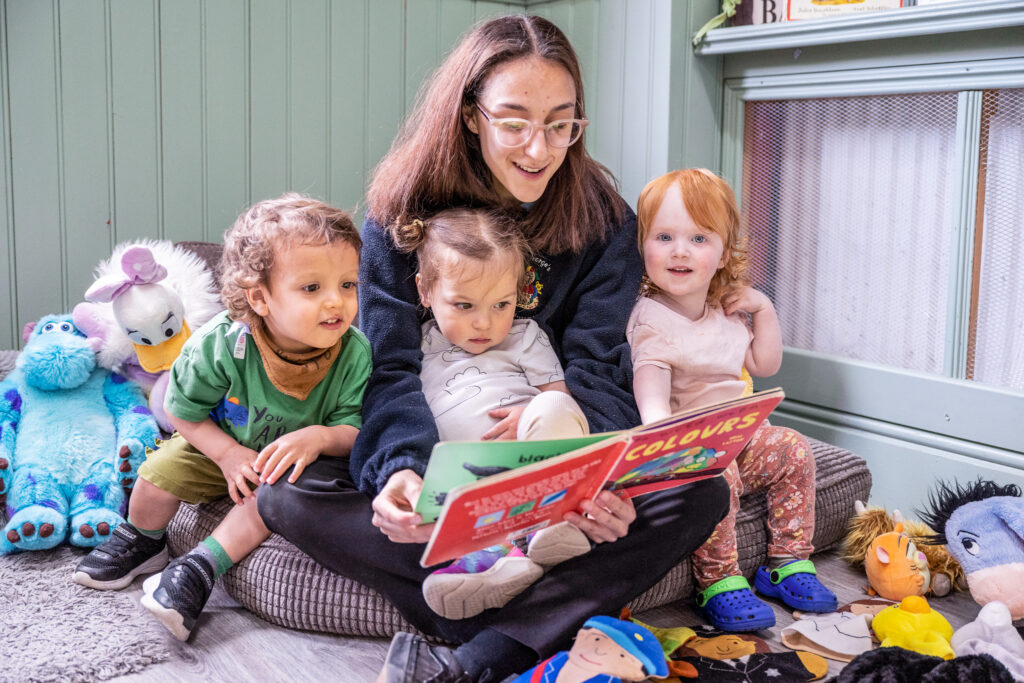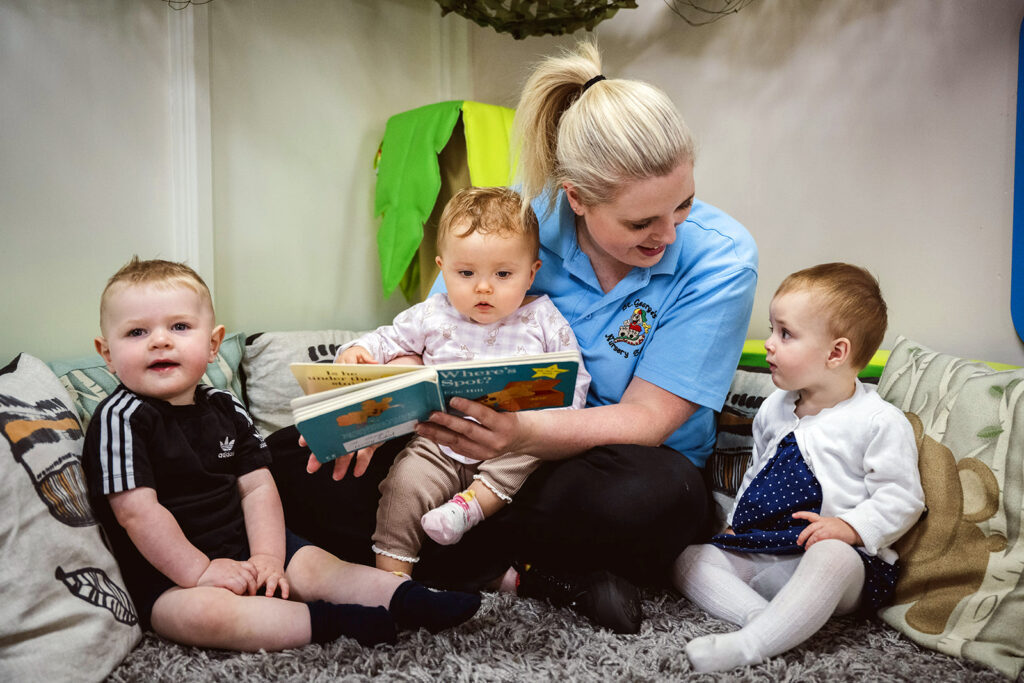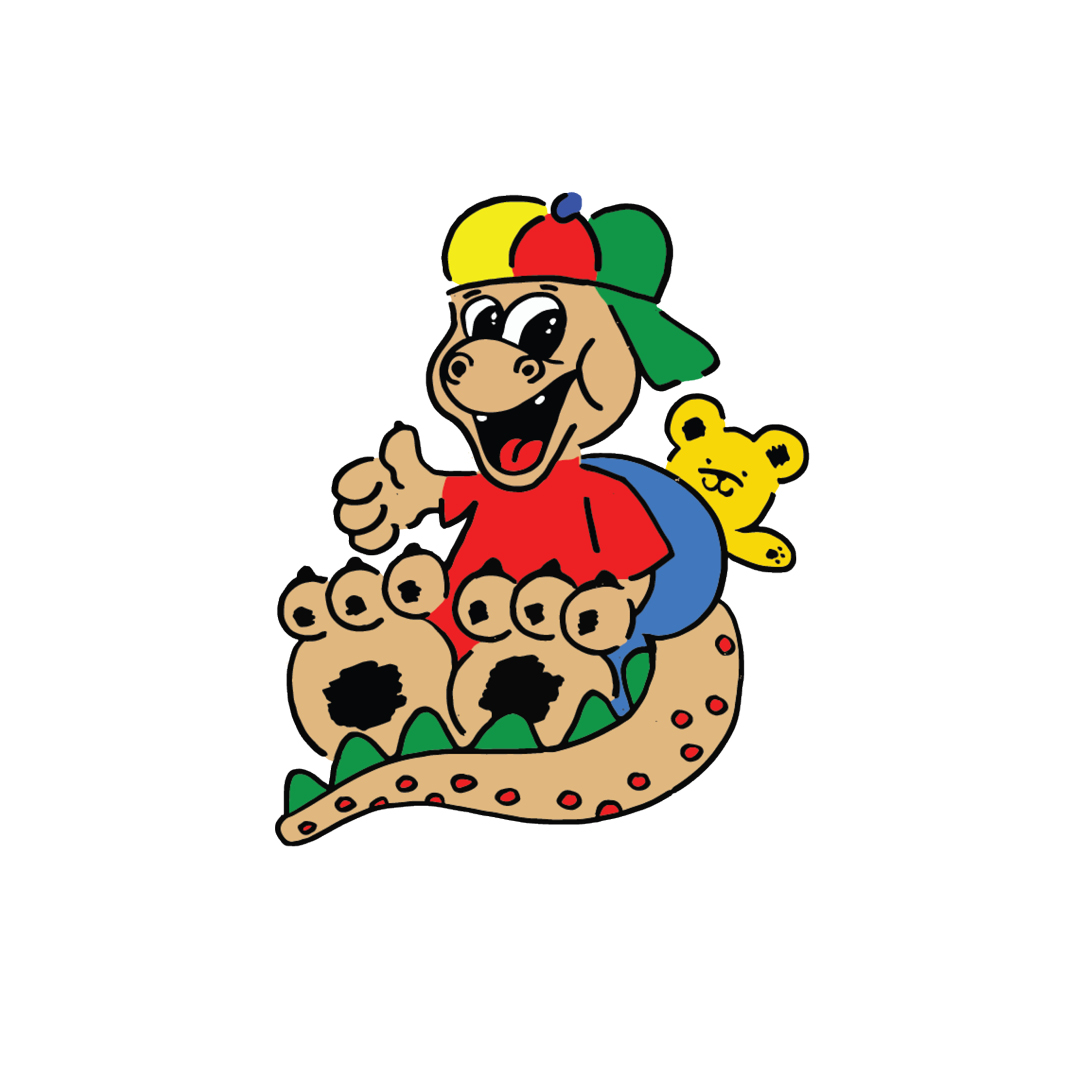Practising self-care from a young age can help develop key skills that we need as we grow older. These skills are things like social awareness, independence and confidence. The earlier children begin practising self-care habits, the easier it will be for these habits to become normal and expected aspects of their lives. As well as this, habits practised regularly, provide relief from stress and promote healthy body and mind.
Back to basics
In order to find habits that work for your child, it is best to expose them to a variety of strategies to find what suits them. You can start with basic tasks that your child already does at home. Things like taking a bath, brushing your teeth, washing your hands, getting dressed and eating well can all impact your child’s understanding of self-care. Slowly allowing your children to try simple tasks like these will teach them how to be independent and implement self-care tasks by themselves.
It is also important for children to have activities and routines to turn to in order for them to control negative emotions so they don’t get overwhelmed and encourage more positive emotions to grow.
Activities for your child
Physical activities like yoga, tai chi and tennis,will help your child to express their emotions in a healthier manner. We can also help with implementing these into your child’s routine as we offer a range of extra curricular activities that help improve physical development and confidence and as a result promoting a healthy body and mind. Yoga for example helps manage anxiety and regulate emotions to stop your child from feeling overwhelmed. They can learn to focus on their emotions more clearly as yoga also helps with concentration and memory. Being able to manage their emotions as well getting a confidence boost from activities like yoga can contribute to combating social anxiety and helps your child focus on developing social skills.

Arts and crafts activities can also provide your child with a positive way to express their emotions and create an opening to speak about how they feel. This is as the creative activities that we do with children help build insight and awareness making it easier to understand how we feel and why we feel that way.
Introducing more mindful activities like guided meditation or journalling before bed, will not only help them express their thoughts and emotions, but will also help them think with clear minds and see the more positive aspects of the day which will benefit them as focusing on the good points will create a positive mindset and as a result reduce the risk of developing mental health conditions.
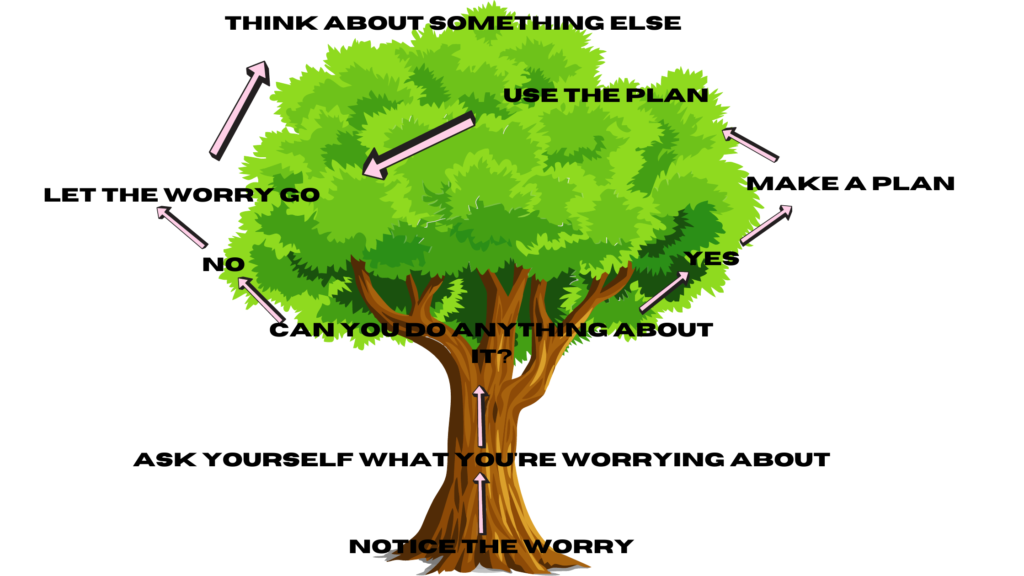
Take some time for you all to talk about your worries. A worry tree is a good way to work as a team to solve any problems that may be affecting you or your child. It is a guideline for discussions regarding your worries. Talk it through and express your worries to each other one at a time, discuss what can be done and solve the problem as a team to reach a point where there no longer is a worry. This will not only help you as a parent to relax but will also teach your child an effective way to handle upsetting situations and how to establish whether or not they need to be worrying about something, whilst also helping you create a stronger bond with your child as you connect on an emotional level during these activities.
It’s not all about the children.
Children have a tendency to pick up on their parents habits and implement them into their own lives without realising. Therefore, for both the parent and the child’s benefit, it is important for the parent to take some time for self-care too. Need a little quiet time? Set aside an hour of the day for you and your child to have individual quiet time. You can do any activity you enjoy whether it’s arts and crafts or taking a long hot bath. This is a time where everyone can relax and take some time to focus on their needs. It will teach your child independence and how to take themselves away from an upsetting situation and do something they enjoy and will make them happy.
Hopefully this helps you find self care tasks that help both your child and yourself. For more helpful content and updates on what we’re up to at St. George’s Nursery, follow us on social media.

